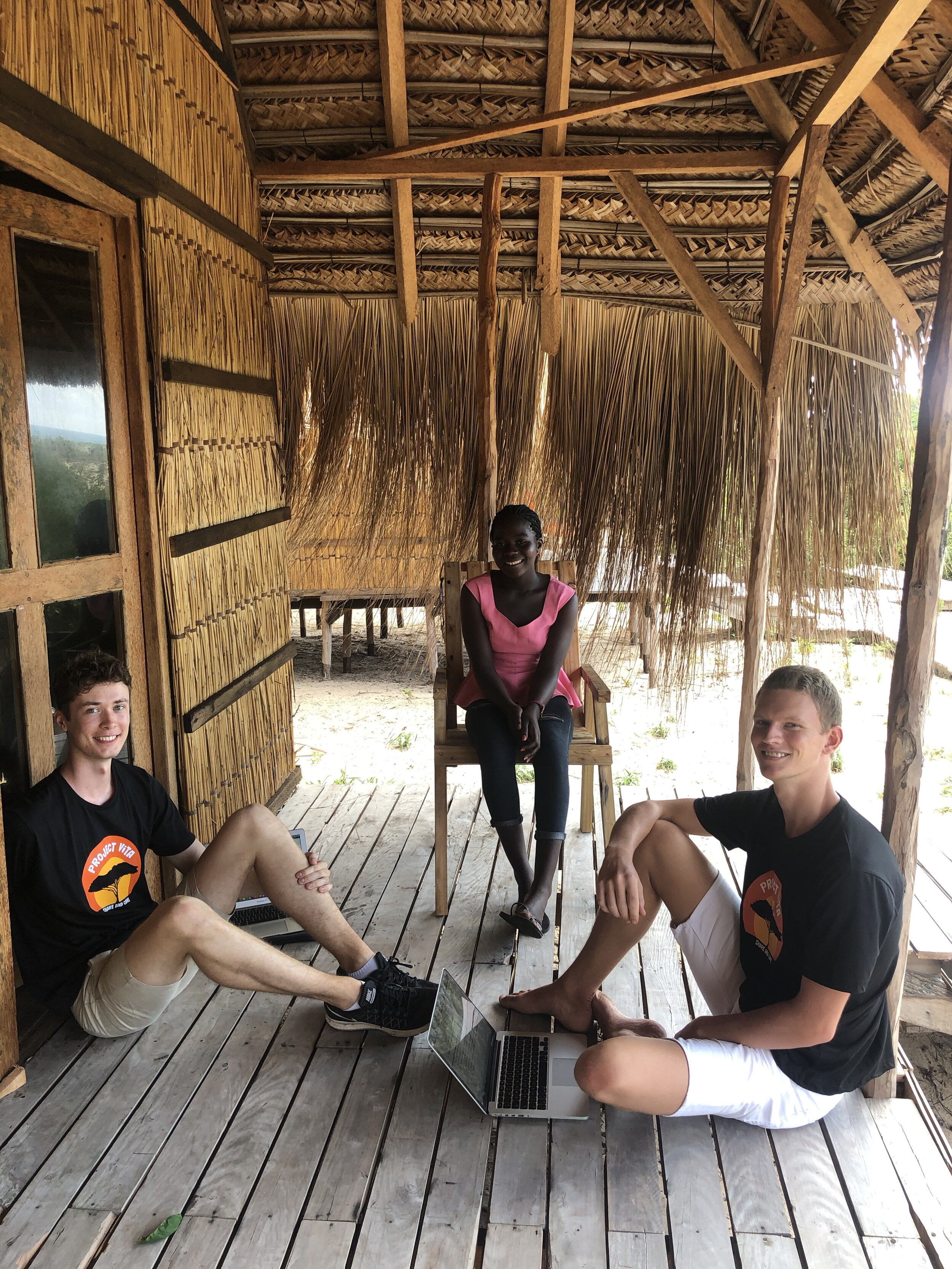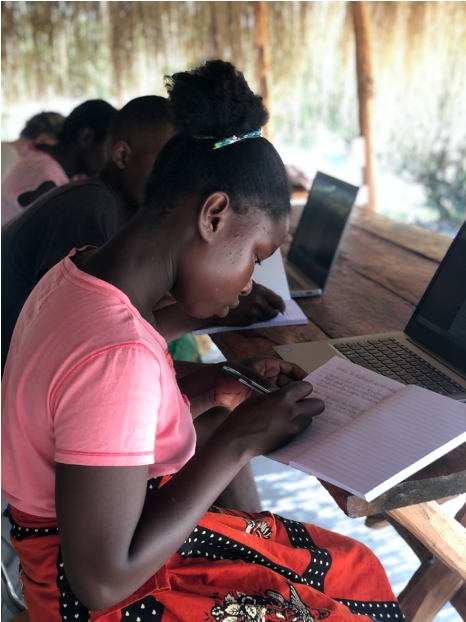
Computer hubs
Technological inclusion in rural areas
In a 2020 field study in Linga Linga, students Ludvig Frykholm and Jacob Toresson examined whether availability of computer hubs would increase the technological inclusion of members in rural areas in low-income countries. Ludvig and Jacob considered three factors among community members in these areas: acceptance of computers, the financial viability of computer hubs, and actual ease of use of computers. Interviews, questionnaires, workshops, and focus groups were conducted to examine the viability of computer hubs.
According to their findings, users’ acceptance of computers, measured through their attitude toward the computers’ perceived usefulness and ease of use, was sufficient for implementation of the project. The computers were easy enough to use by those who lacked computer experience, as the time it took to learn was low. The study found that computer hubs are financially viable from a business perspective and should be considered a viable approach to increase technological inclusion in rural areas in low-income countries.



